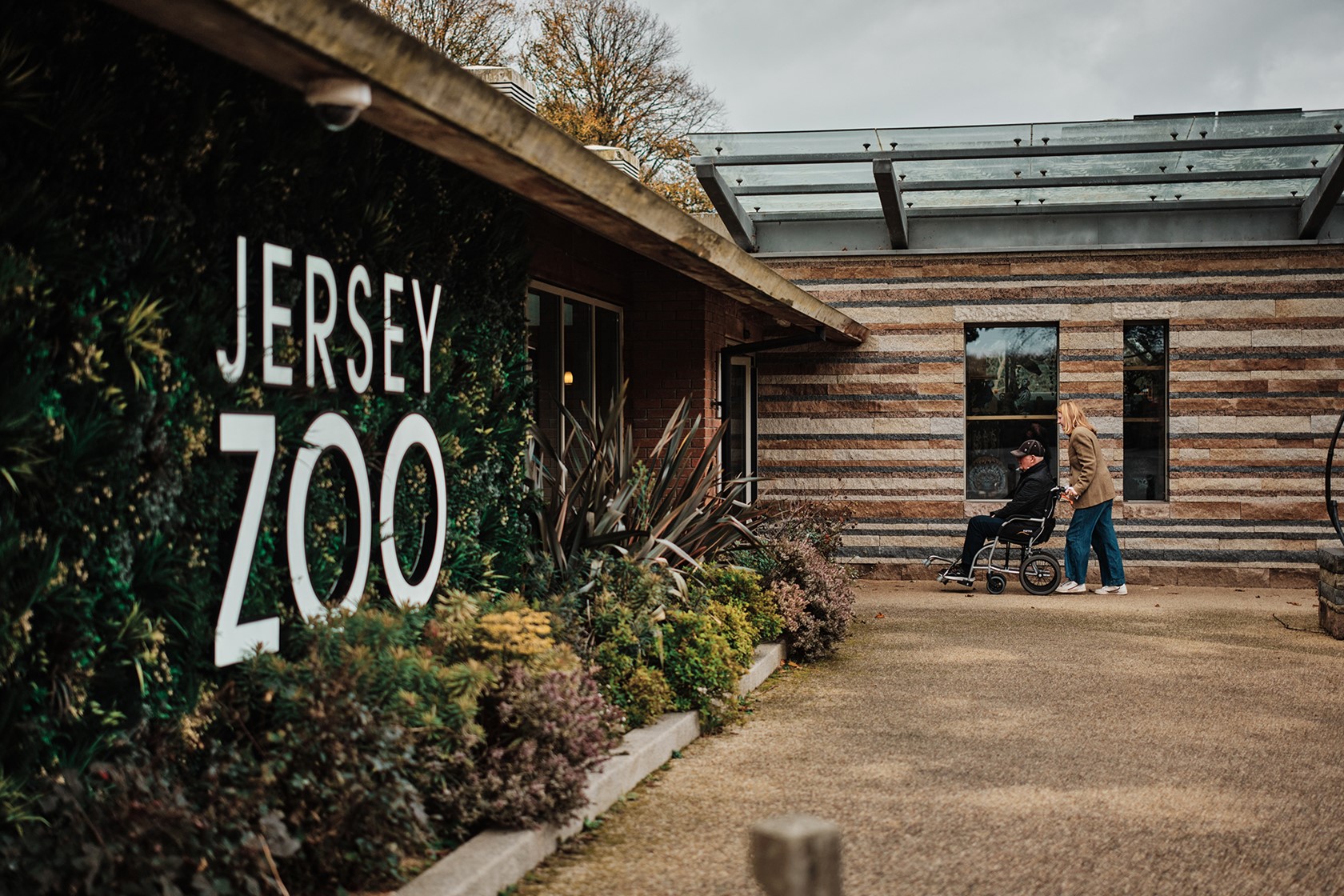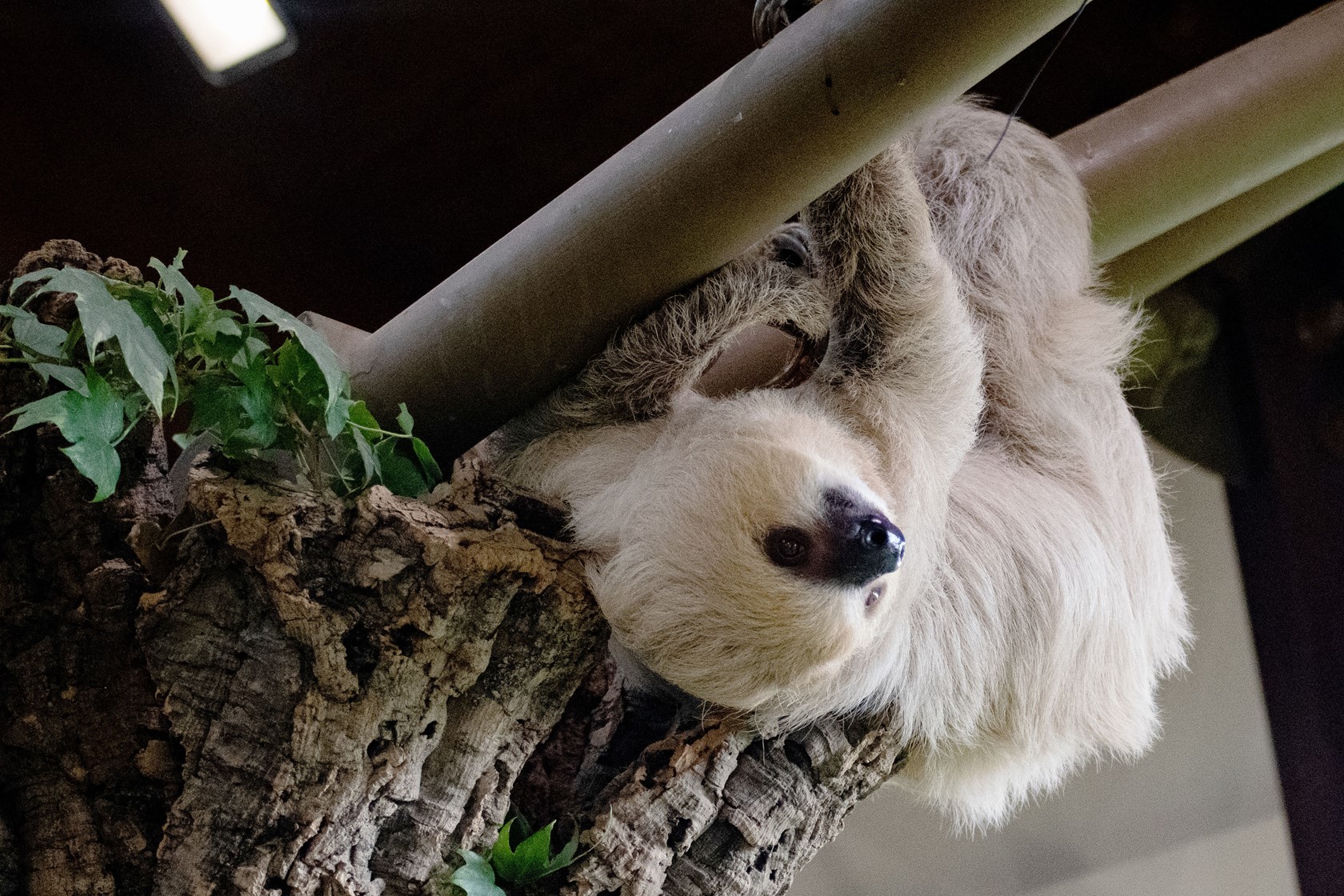Changing people's "battitude"
One in five bat species is under threat. Viewed by some as pests or disease spreaders, these fascinating winged mammals are often misunderstood and feared. Conservation efforts to save threatened bat species from extinction will rely on changing people's attitudes towards them.
The role of zoos in changing attitudes
Zoos can play an essential role in helping change these misconceptions. Looking at how they present bats to visitors is one way they can do this. Currently, many zoos hold fruit bats in enclosures that could highlight negative and sometimes inaccurate characteristics. For example, fruit bats housed in exhibits that look like dark caves could make viewing them seem scary or unappealing. Visitors may also assume that this represents fruit bats in the wild when, in fact, fruit bats roost in trees in the daytime.
At Jersey Zoo, our fruit bats live in our award-winning Island Bat Roost. This 800m2 enclosure allows them to fly non-stop in 100m circles – when they are not hanging around, that is! It also presents the bats in daylight and surrounded by foliage, mimicking their natural habitat.
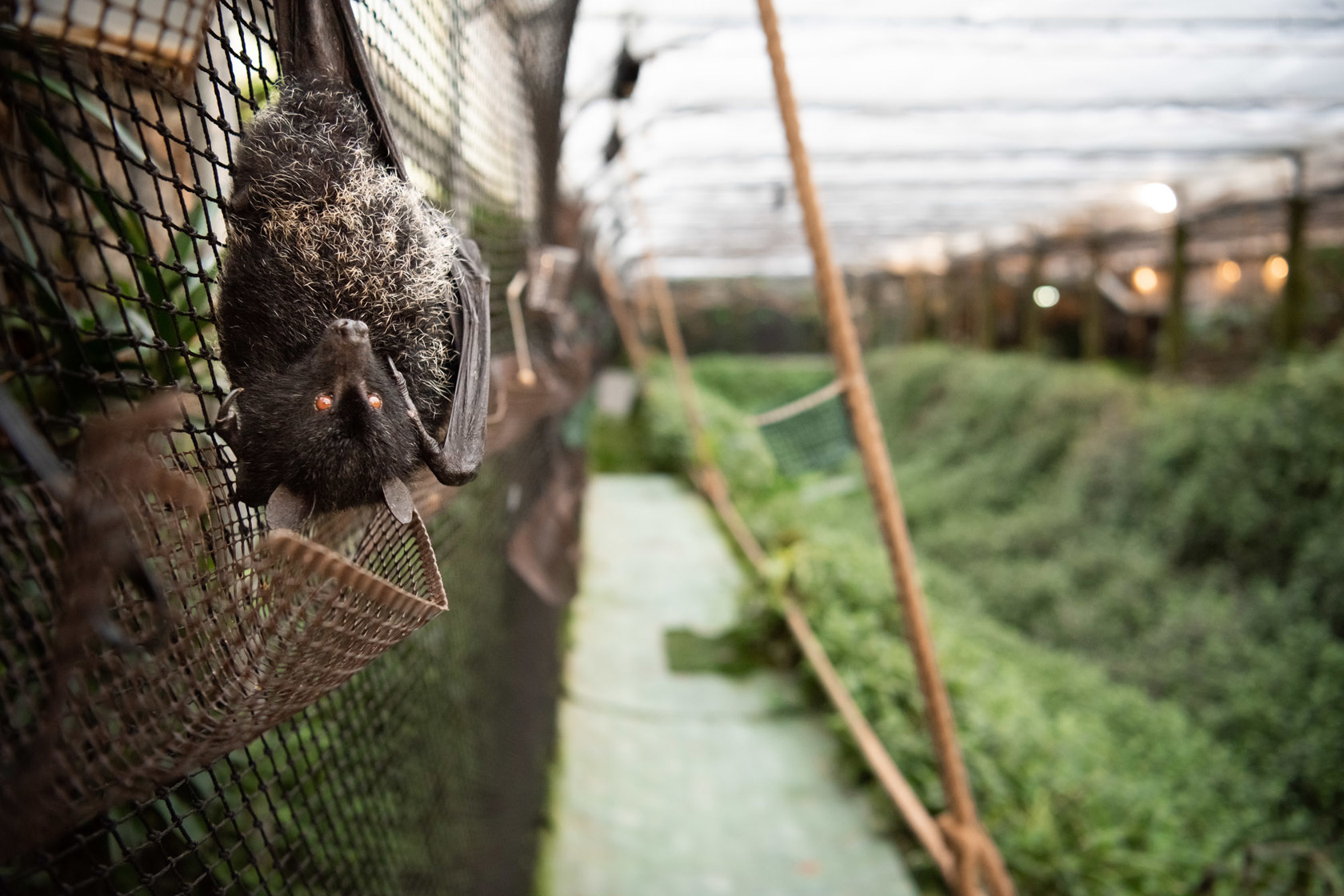
Virtual fruit bat experience
Recent research carried out by Durrell's Zoo Research Manager, Eluned Price, and Laura Johnson from the University of Leeds has shown that technology could help zoos communicate more accurate impressions of fruit bats' appearance, behaviour, and lifestyles.
As part of this research, they created a 5-minute "virtual fruit bat experience", showing videos and photos of bats in Jersey Zoo's Island Bat Roost. The virtual experience highlighted the importance of wild fruit bats and why they should be protected. It included footage of the zoo’s bats flying, close-up footage of a mother fruit bat and her pup, and an interview with a senior keeper.
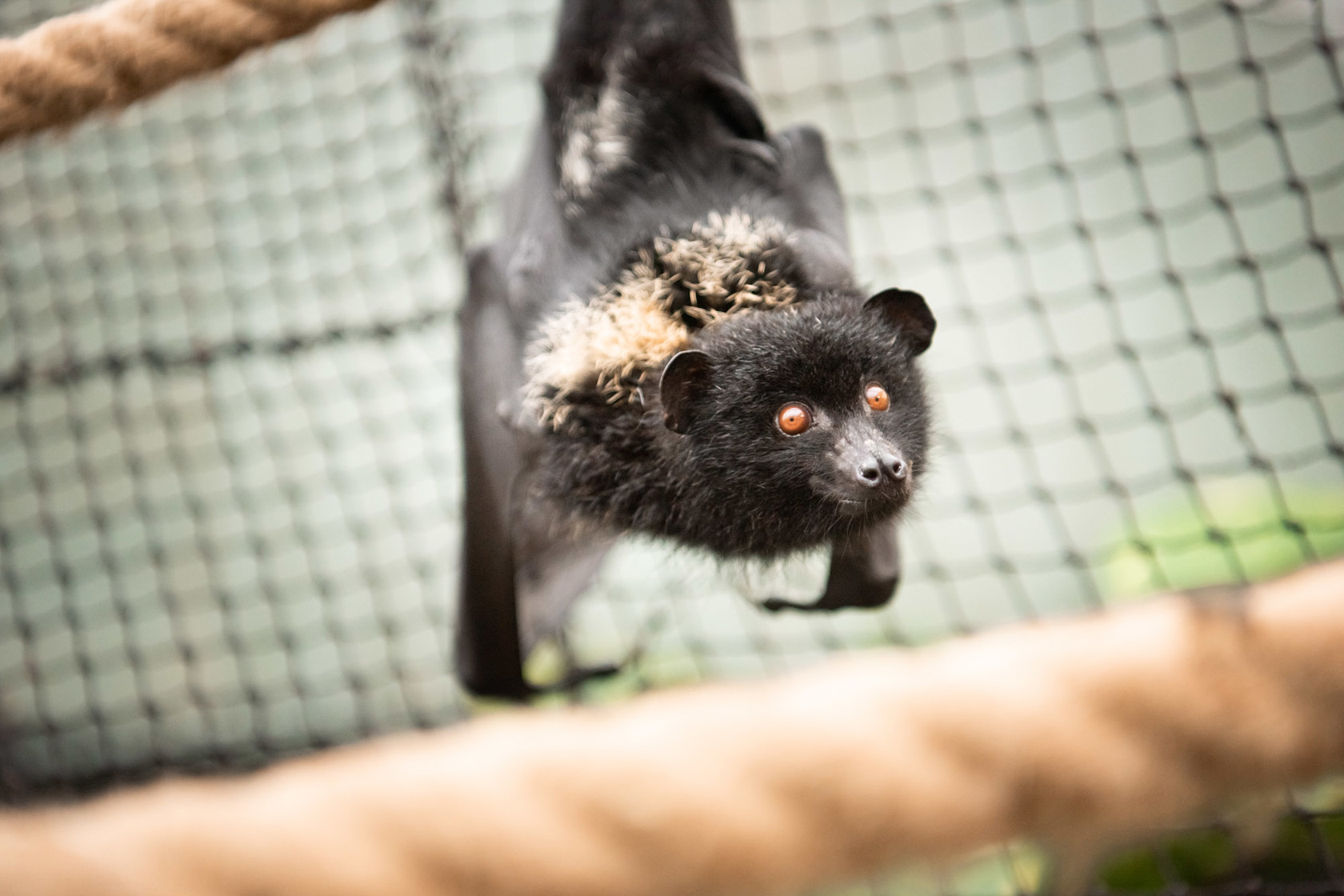
Outcome
Those who viewed the virtual fruit bat experience took part in an online survey before and after to evaluate their attitudes towards fruit bats. Their opinions on bats and the words they used to describe them changed from using negative words such as "vampire" and "smelly" to more positive words such as "maternal" and "graceful".
The results also showed that those who had visited our fruit bat enclosure at Jersey Zoo were more likely to feel positive about bats. Both the in-person experience and viewing the virtual experience benefited their perception of bats.
This research has shown that zoos can use their social media and websites to provide opportunities to educate the public on unpopular species, such as fruit bats, and change attitudes towards such animals for the better. This should encourage greater support towards related conservation efforts, such as donating to conservation projects.
Read Battitude: A virtual zoo "bat experience" produces positive change in attitudes to an unpopular species: https://jzar.org/jzar/article/view/694

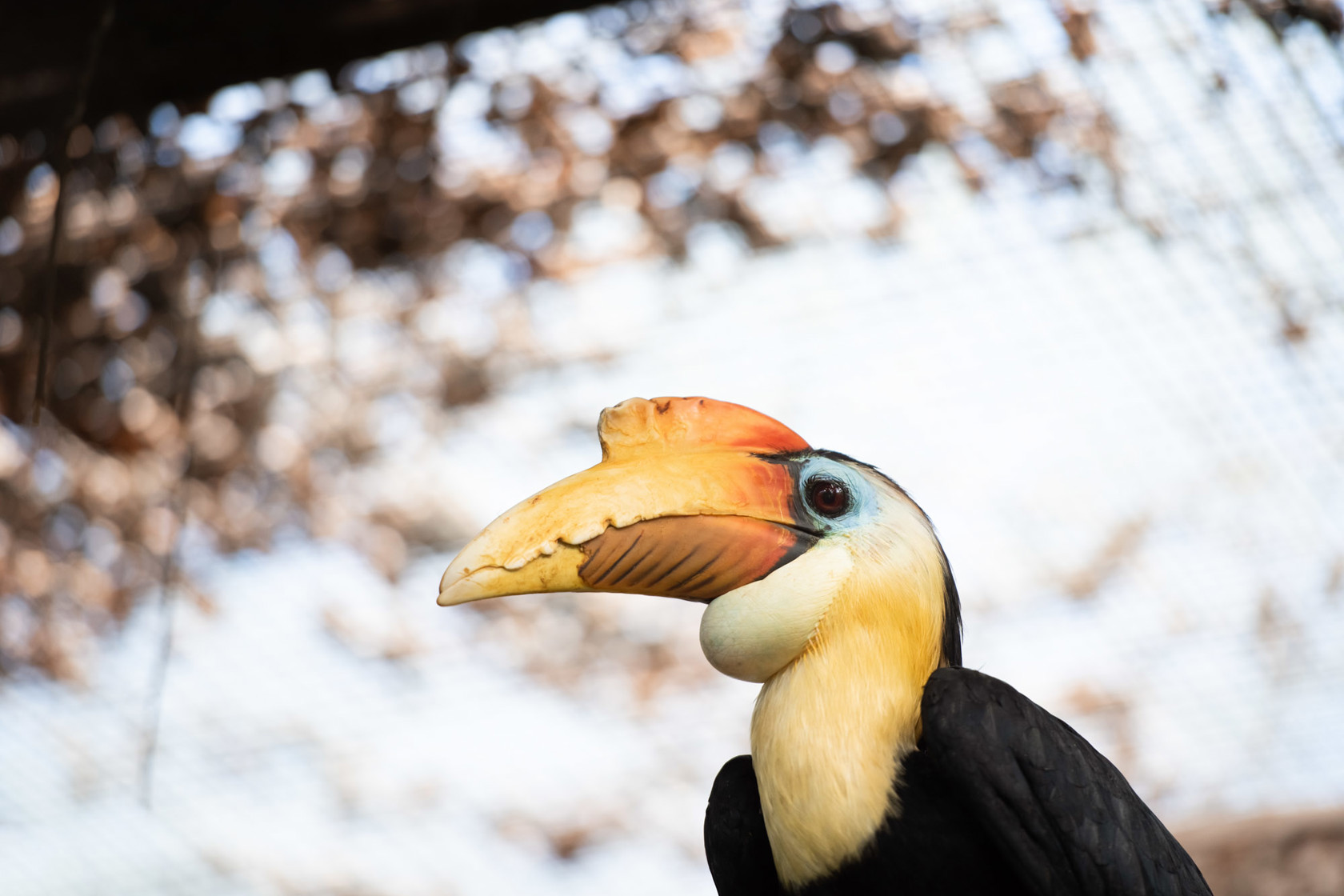
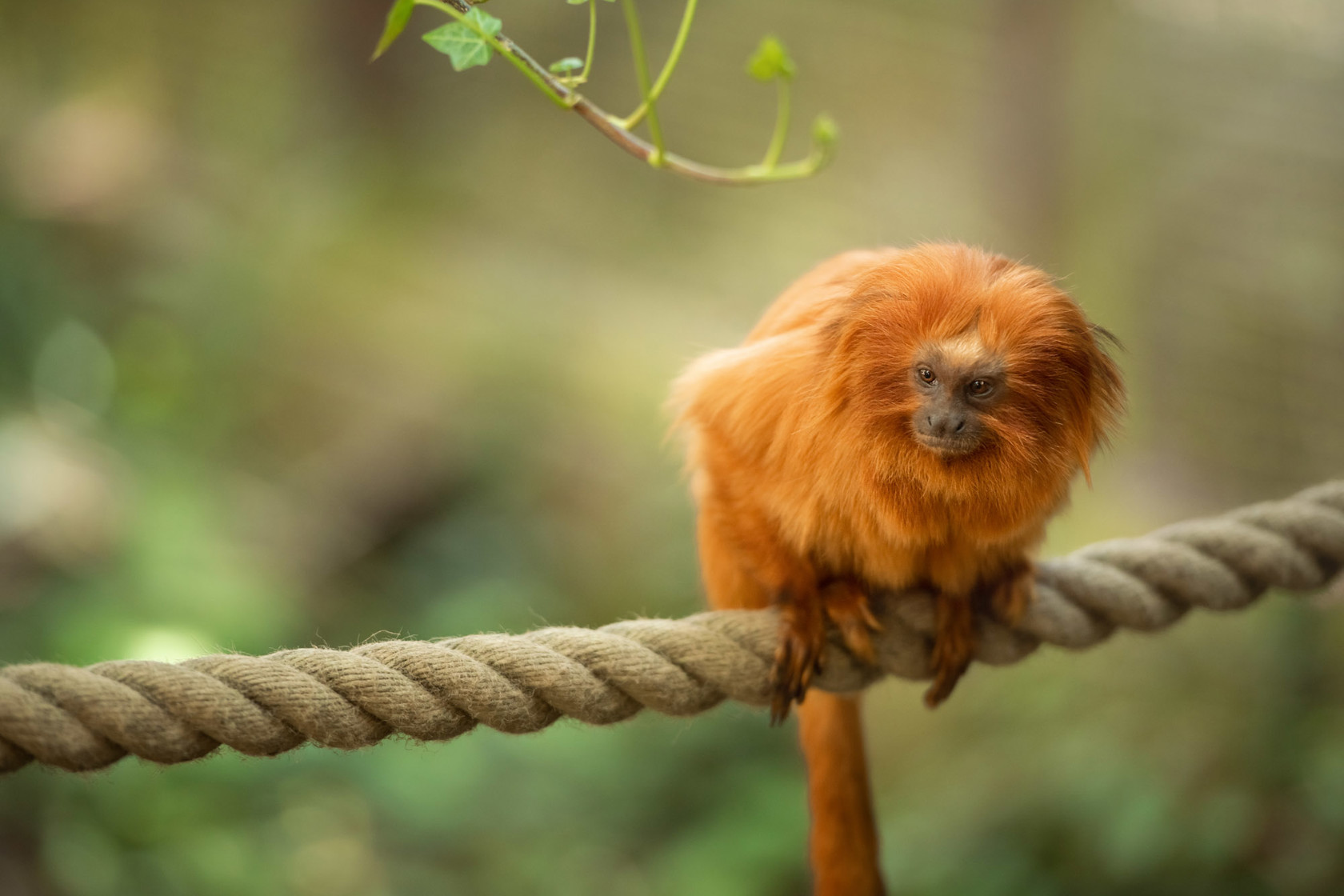
 Mammals
Mammals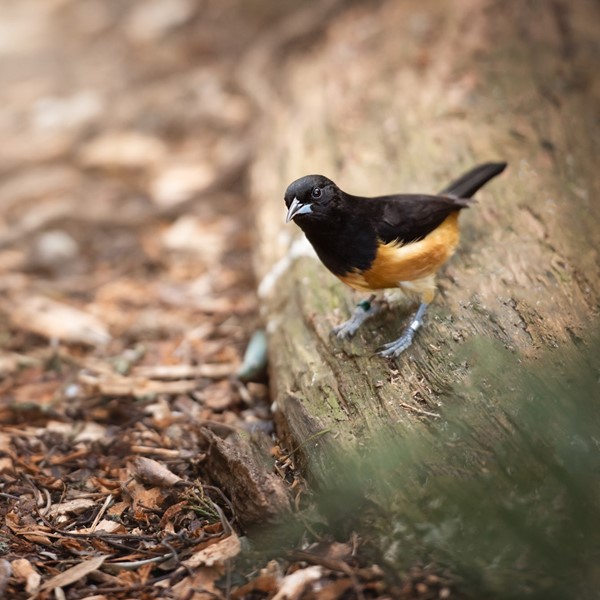 Birds
Birds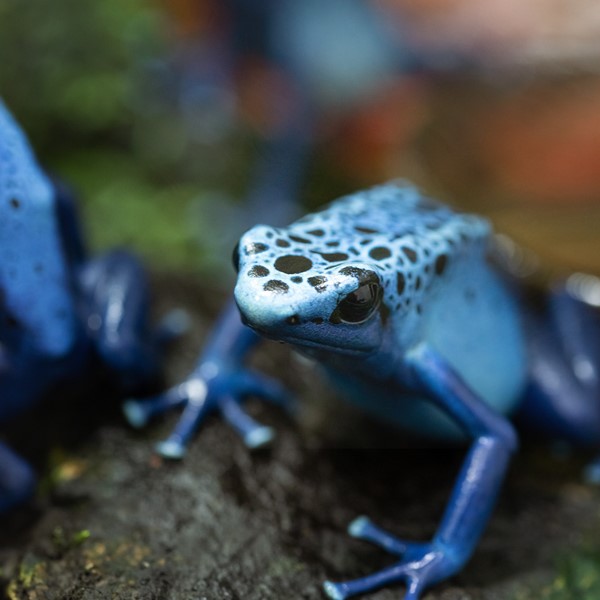 Amphibians
Amphibians Reptiles
Reptiles